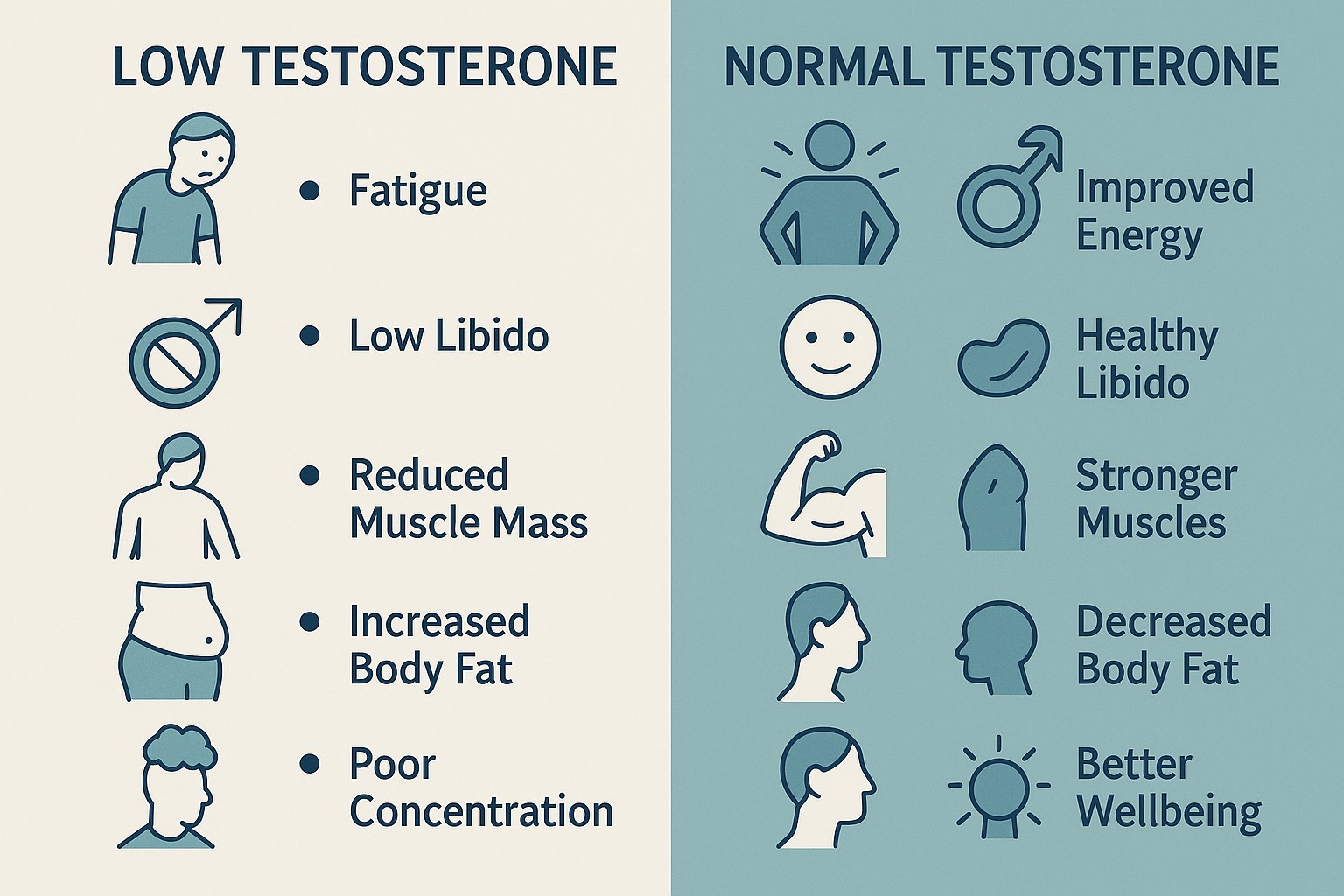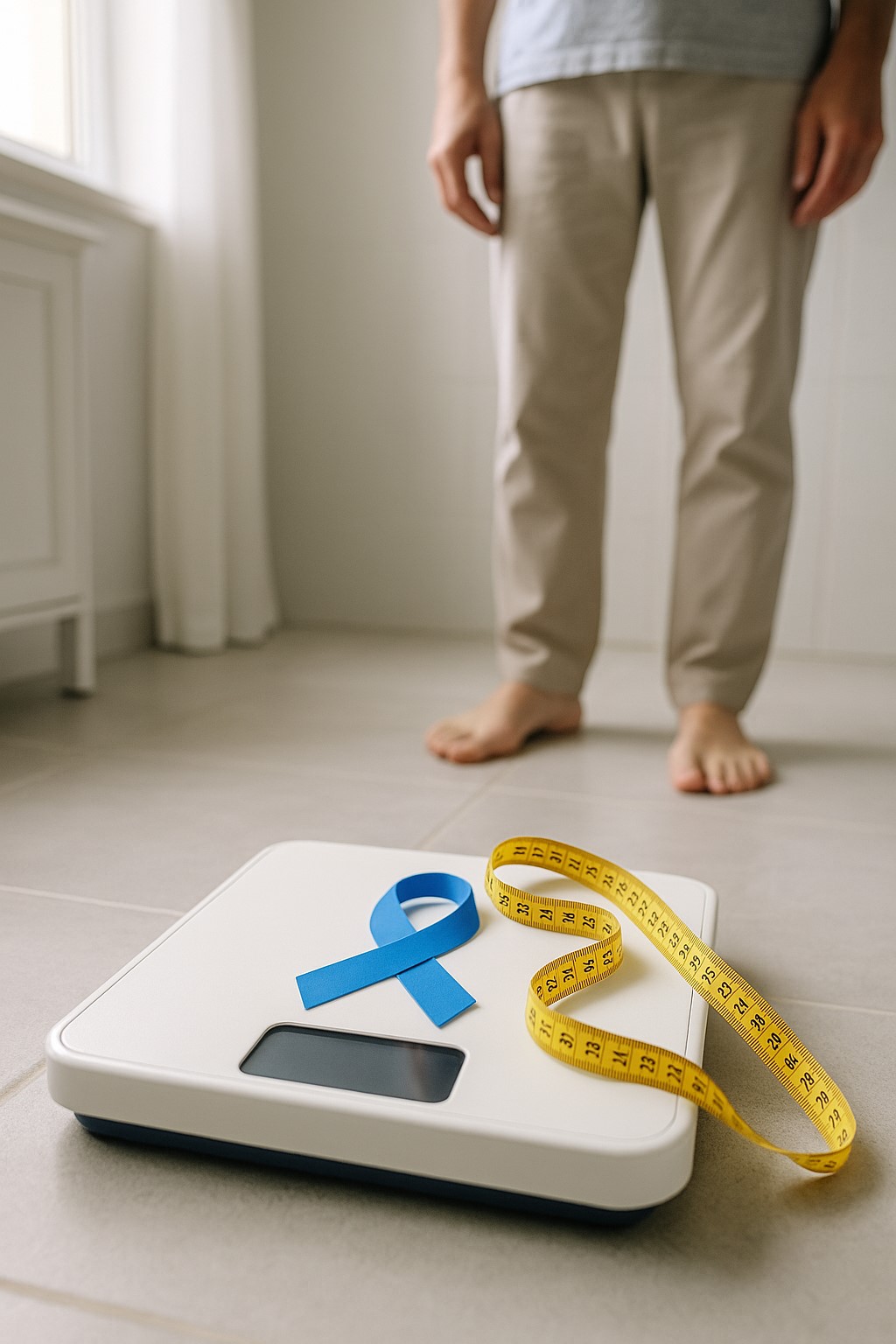The prostate gland is an essential part of a man's reproductive system, but people often have questions about what it does and how it affects health. This article will talk about some crucial facts about the prostate.
What is the exact location of the prostate?
A walnut-sized organ called the prostate gland is part of a man's reproductive system. It covers part of the urethra and is located under the bladder and in front of the rectum. The urethra is the tube that carries pee from the bladder to the penis.
What does the prostate do?
Basically, the prostate makes chemicals that are necessary for sperm to survive after ejaculation. This is an essential part of a man's ability to have children. Because these chemicals feed and protect the sperm, the prostate is necessary for reproduction to happen.
How Can I Tell If My Prostate Is Working Right?
The regular flow of urine is a vital sign of a healthy prostate. Any change in flow strength could be a sign of a problem with the prostate. Other signs to look out for are more urination at night, trouble starting to urinate, and urine dribbling from time to time. These changes should be taken seriously, and they may even warrant a visit with a medical professional.
One has to keep in mind that prostate cancer in its early stages may not show any signs. It is always advisable to have your GP check your prostate and take a PSA blood test each year.
Do Prostate Symptoms That Are Not Normal Always Mean You Have Prostate Cancer?
More people are learning about prostate cancer, which is good, but not all problems with the prostate are dangerous. Similar symptoms are present in conditions like benign prostate enlargement (BPE) and benign prostatic hyperplasia (BPH), which can also affect the prostate. You should consult a doctor right away if you notice any concerning symptoms because they could be the result of a variety of illnesses that aren't cancer.
What percentage of men get prostate cancer?
One in eight men in the UK will get prostate cancer at some point in their lives. This makes it the most common cancer in men. Age (older men are more likely to get prostate cancer) and a history of the disease in the family are both things that put you at risk of getting it. Talking to a doctor about any strange symptoms as soon as possible is crucial for finding and treating problems quickly.
What are the different ways to check for prostate cancer?
Several screening tests, such as the PSA (Prostate-Specific Antigen) test, can be done if someone is worried about their prostate health. This blood test checks the amount of PSA, a protein the prostate makes. High levels can be a sign of prostate cancer or other problems with the prostate. Before and after the process, it's important to have an entire conversation with your doctor about the pros and cons of PSA testing.
How can what you eat help the health of your prostate?
Foods that are good for your prostate
A well-balanced diet is vital for keeping the prostate healthy. Some chemicals and foods are perfect for you:
Tomatoes have a lot of lycopene, an antioxidant that may lower the chance of getting prostate cancer.
The chemical sulforaphane, found in broccoli, is thought to kill cancer cells while leaving healthy prostate cells alone.
Green Tea: Green tea contains antioxidants; some studies have linked it to a lower chance of prostate cancer.
Fish: Fish like salmon, mackerel, and sardines contain omega-3 fatty acids that may lower the risk of getting prostate cancer.
Nuts and seeds: Pumpkin and other seeds high in zinc can benefit your prostate health.
These foods can help keep your prostate healthy and may even lower your chance of having problems with your prostate. But it's always a good idea to talk to your doctor before making significant changes to your diet, especially if you already have a health problem or worry.
Final Thoughts about Prostate Health
Men's general health depends on the health of their prostate. Early detection of symptoms, knowledge of possible problems with the prostate that aren't cancerous, well-informed conversations about screening choices, and a healthy diet are all important steps. If you have worries or symptoms about your prostate health, you need to see a doctor or specialist right away to get the correct diagnosis and the proper care. Awareness and taking charge of your health are essential for your prostate health.


